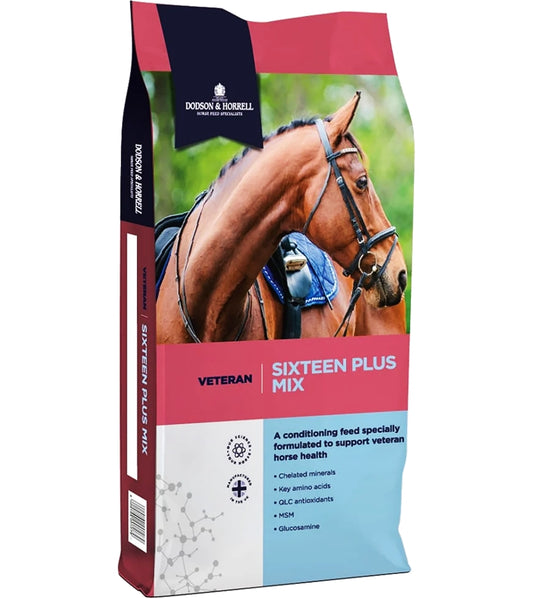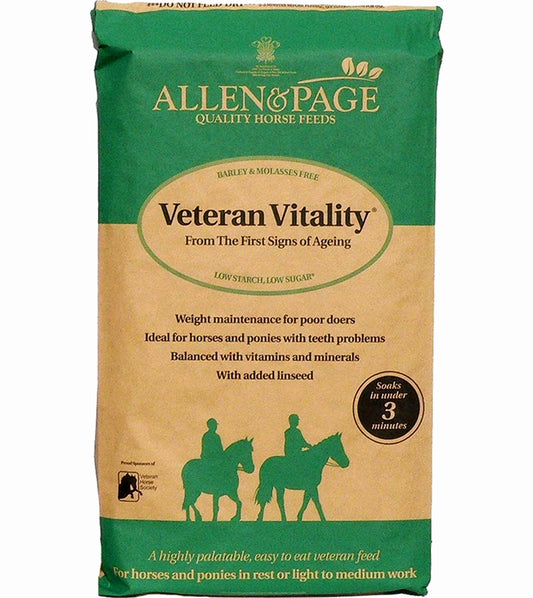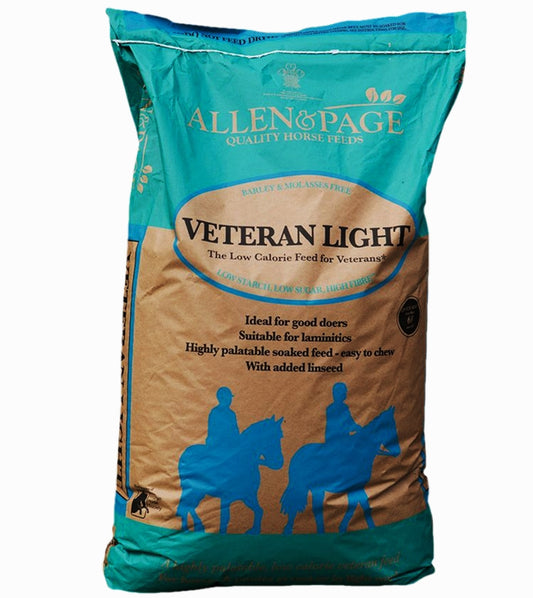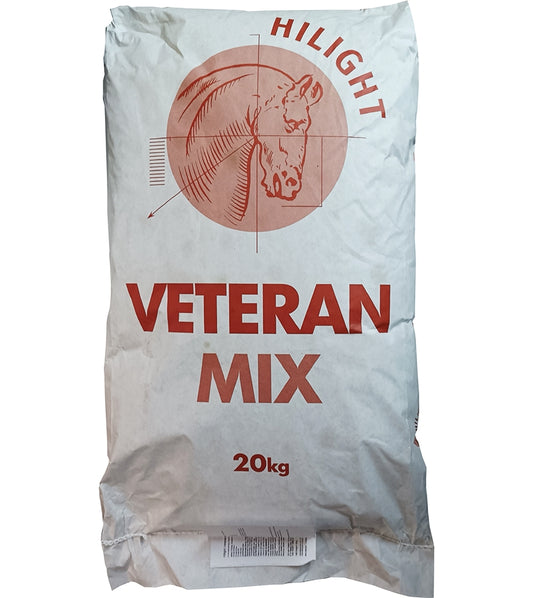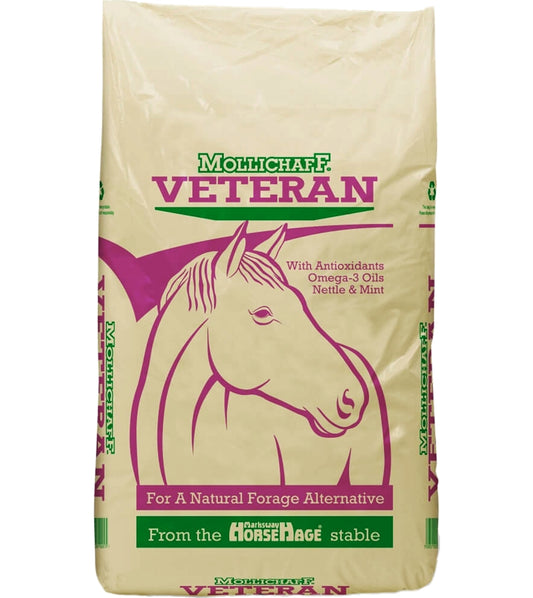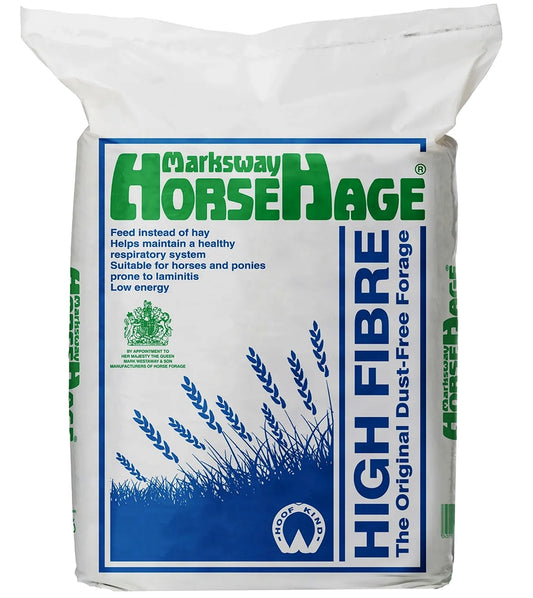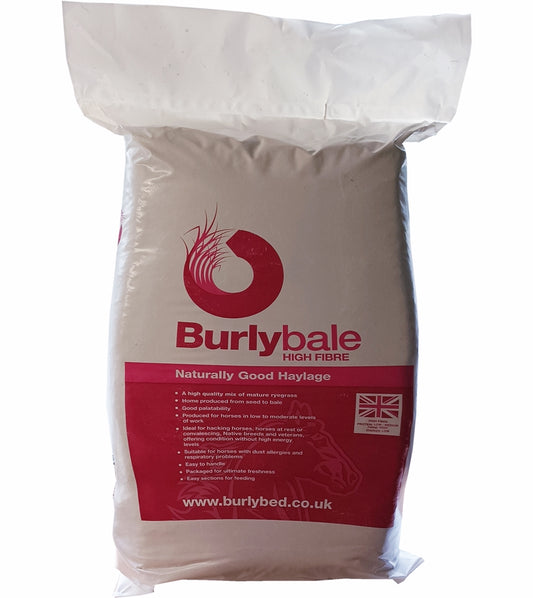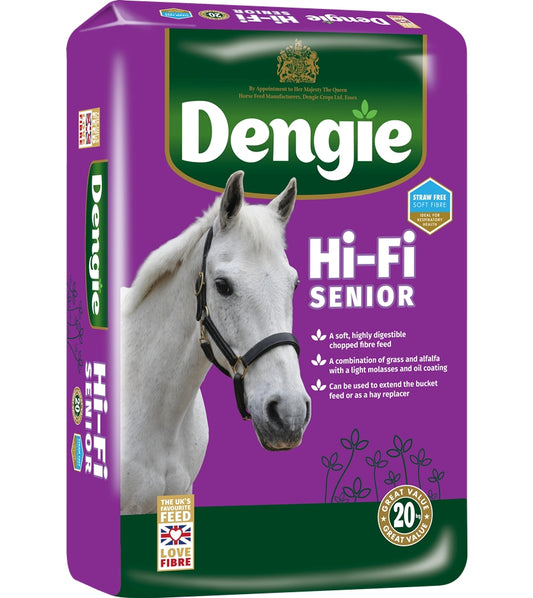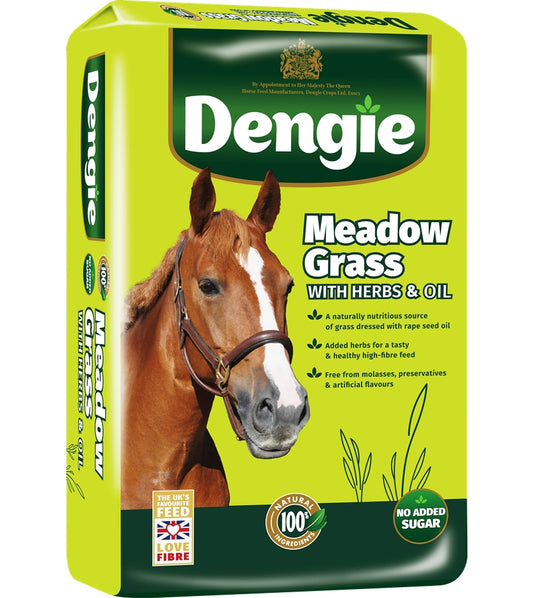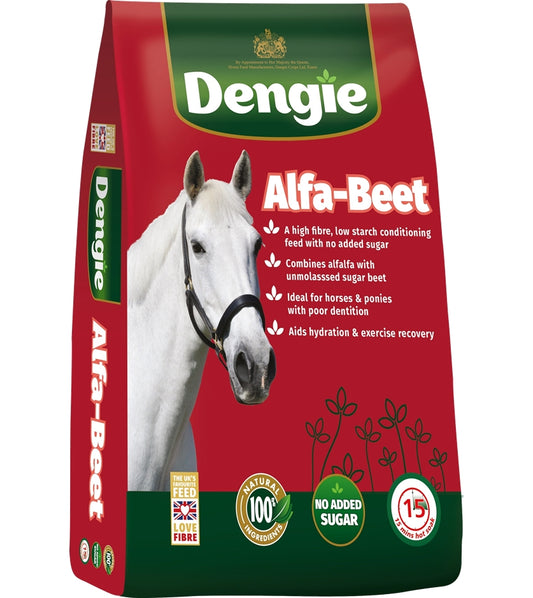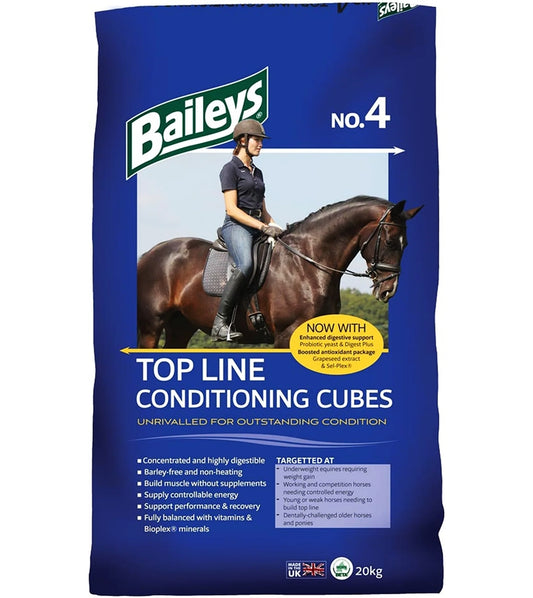-
Dodson & Horrell - Sixteen Plus Mix - 20kg
Regular price £21.78Regular priceUnit price per -
Allen & Page - Veteran Vitality - 20kg
Regular price £17.10Regular priceUnit price per -
Allen & Page - Veteran Light - 20kg
Regular price £17.50Regular priceUnit price per -
Hilight - Veteran Mix - 20kg
Regular price £12.59Regular priceUnit price per -
Mollichaff Veteran - 12.5kg
Regular price £13.55Regular priceUnit price per -
HorseHage - High Fibre (Blue) - 23kg (approx.)
Regular price £12.30Regular priceUnit price per -
Burlybale - High Fibre Haylage - 20kg (approx.)
Regular price £7.99Regular priceUnit price per -
Dengie - Hi-Fi Senior - 20kg
Regular price £20.70Regular priceUnit price per -
Dengie - Meadow Grass with Herbs and Oil - 15kg
Regular price £16.99Regular priceUnit price per -
Dengie - Alfa-Beet - 20kg
Regular price £18.55Regular priceUnit price per -
Baileys - No.4 Top Line Conditioning Cubes - 20kg
Regular price £18.45Regular priceUnit price per


